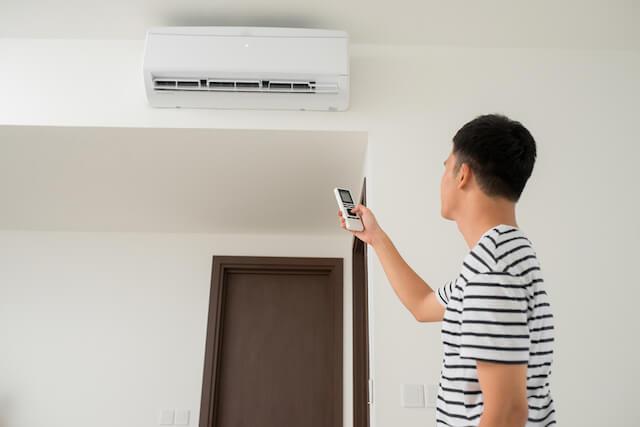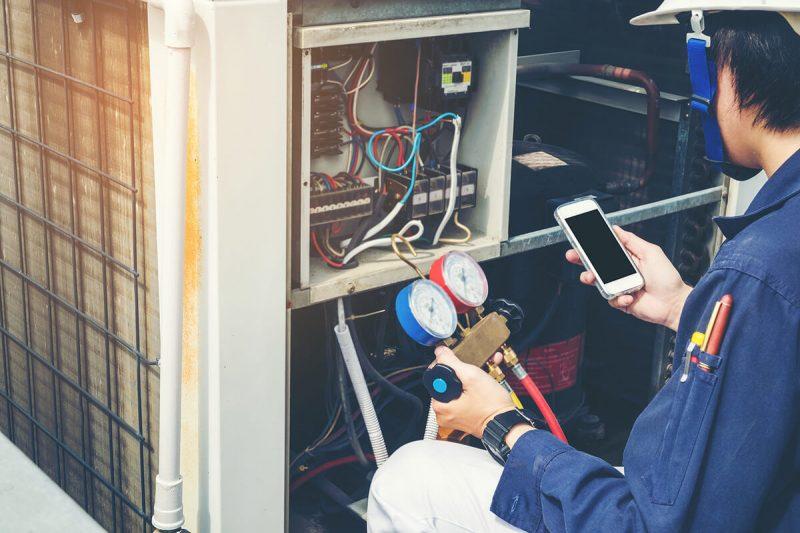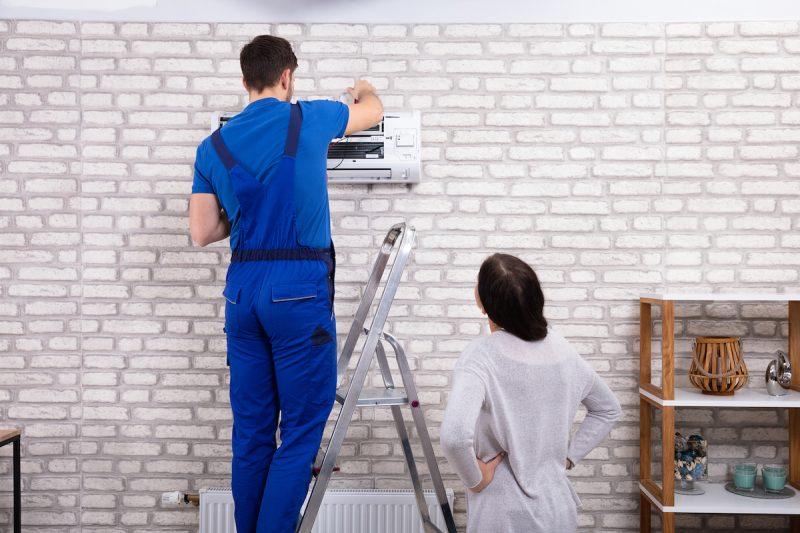
Overheating is a common issue that can compromise your air conditioner's performance and lifespan. This could lead to frequent breakdowns, costly repairs, and even the need for a complete system replacement, if the issue is not addressed. Fortunately, with proper care and attention, you can prevent aircon overheating and ensure that your unit continues to operate efficiently. Here are several essential tips that every homeowner should follow.
Understanding the Causes of Overheating

To prevent aircon overheating, it is important to first identify its root causes. Common culprits include:
1. Dirty Filters:
Air filters trap dust and debris to maintain air quality. Over time, they can become clogged, restricting airflow and forcing your air conditioning unit to work harder than necessary.
2. Blocked or Dirty Condenser Coils:
Located in the outdoor unit, the condenser coil is designed to release heat from the refrigerant. If it is covered in dust or debris, heat cannot escape efficiently, leading to overheating.
3. Low Refrigerant Levels:
Refrigerant absorbs heat from your home and releases it outside. If the refrigerant level is too low due to leaks or improper maintenance, your unit may overheat.
By addressing these issues early on, you can significantly reduce the risk of overheating and keep your air conditioner healthy.
Regular Maintenance and Inspections

Routine air conditioner maintenance is one of the most effective ways to prevent overheating. Regular inspections by professional air conditioning contractors can also help identify potential problems before they escalate. Some key maintenance tasks include:
Aircon Cleaning:
Cleaning both indoor and outdoor units to remove dust, dirt, and debris.
Checking Refrigerant Levels:
Ensuring the refrigerant is at the correct level to facilitate efficient cooling.Inspecting Electrical Components:
Promptly identifying and replacing faulty wiring or worn-out parts that can otherwise lead to overheating.
Scheduling annual or bi-annual aircon servicing will go a long way in preventing HVAC overheating and extending the lifespan of your system
Learn More: How Often Does An Air Conditioner Need Servicing?
Proper Sizing of Air Conditioning Units

The size of your air conditioner plays a significant role in its performance and efficiency. An undersized unit may struggle to cool your space, leading to constant overworking and overheating. Conversely, an oversized unit may cycle on and off too frequently, causing greater wear and tear.
When purchasing or upgrading your system, consult with experienced air conditioning contractors to ensure the size of the unit is proportionate to your home. A correctly sized system will provide efficient cooling whilst minimising energy consumption, stress on the unit, and the risk of aircon overheating.
Managing Thermostat Settings

Your thermostat settings can directly impact how hard your air conditioner works. To prevent aircon overheating, consider the following thermostat management tips:
Set an Optimal Temperature:
Maintain a consistent temperature, ideally between 24°C and 26°C. This strikes a balance between comfort and energy efficiency.
Use Programmable Thermostats:
These devices adjust the temperature automatically based on your schedule, reducing strain on your air conditioner when it is not needed.
Avoid Drastic Changes:
Sudden temperature adjustments can force the system to overcompensate, leading to potential overheating.
By managing your thermostat wisely, you can keep your unit running efficiently without placing unnecessary strain on the air conditioner.
Ensuring Adequate Airflow

Unobstructed airflow is essential for preventing overheating. Both the indoor and outdoor components of your air conditioner must have sufficient space to operate effectively.
Outdoor Units:
Keep the outdoor unit free of leaves, debris, and other obstructions. Regular aircon cleaning of the condenser coils is also vital in facilitating proper heat exchange.
Indoor Vents:
Ensure that furniture, curtains, or other objects do not obstruct air vents. This allows for even air distribution, reducing the workload on your system.
Aircon Ledge Cleaning:
If your outdoor unit is on a ledge, clean it periodically to remove accumulated dust and debris that may hinder airflow.
Good airflow is key to preventing overheating, as well as supporting efficient cooling and better indoor air quality.
Preventing aircon overheating requires a combination of regular maintenance, following efficient cooling tips, and ensuring that your system is suited to your home. Addressing issues like dirty filters, blocked vents, and low refrigerant levels early can save you time and money in the long run. Additionally, consider working with trusted air conditioning contractors for inspections and servicing to ensure that your unit operates at its best all year round.
That being said, if you notice persistent issues despite your efforts, professional aircon servicing may be necessary. Here at Airple , our team of highly skilled and trained professionals are at your disposal, helping you to quickly locate and resolve the root cause of your overheating.
For more information about our services, please contact us today.



